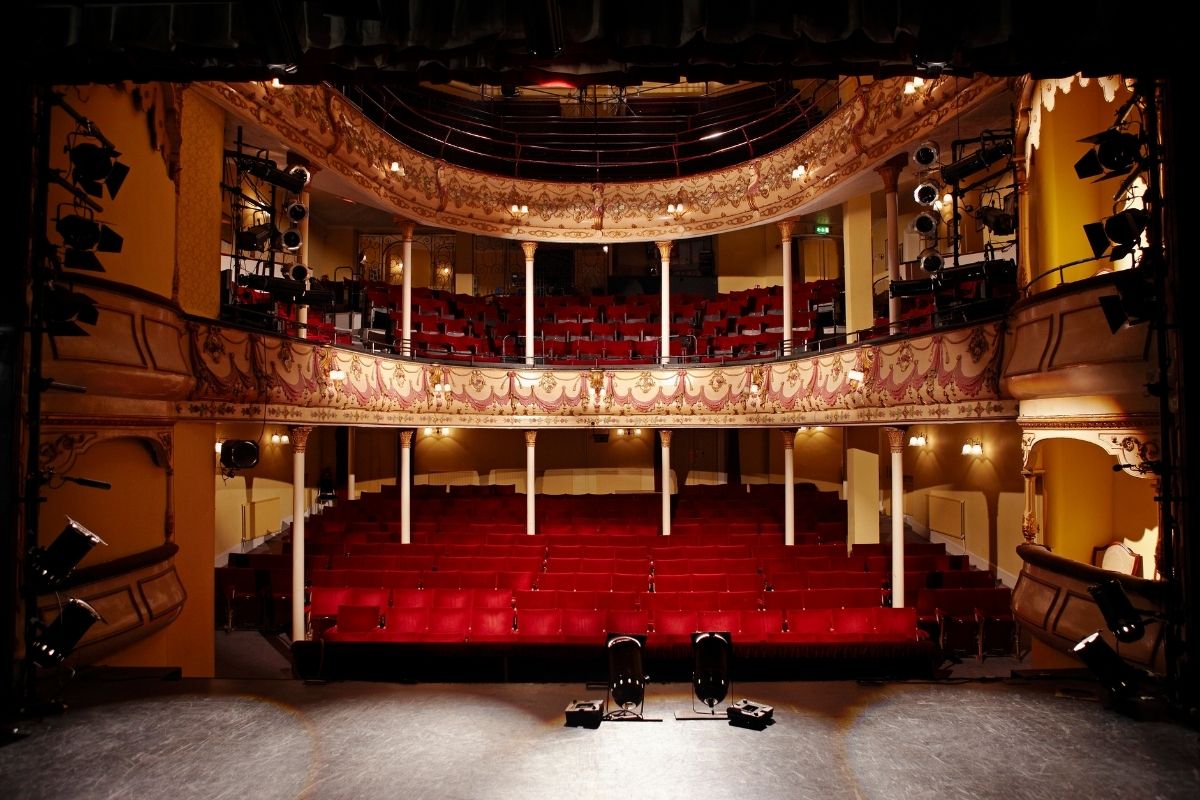The Authentic African-American Experience in Theater

When studying performing arts education or online performing arts education, it’s important to study the patterns and the history of how modern theater came to be and how it was influenced by its predecessors.
Back in 1925, W.E.B. Du Bois created his own performing arts script theater company called the Krigwa Players. What that theater company did was propose the idea that the African-American community needed to create new works. They couldn’t rely upon any sort of theater that existed from the previous century because it was all stereotypical.
The creation of a new Blacks dramaturgy was championed with the emergence of new playwrights. Before the theater came along Angelina Weld Grimke began to write the play “Rachel,” which was a lynching play. You also began to see the early mentorship of people such as Langston Hughes, who came along and became much more of a force by the late 1930s and early 1940s.
You have non-black artists like George Gershwin, who loved opera and was inspired by Black African-American culture. He wanted to do something there. He came along and he created Porgy and Bess. It became a classic, grand, comical opera.
By the time you get into the 1930s, you have the emergence of a dynamic and more authentic African-American experience. Then what occurred during the Great Depression was the Federal Theater Project in which the government pumped money into different industries to give people a chance. They wanted to give people an opportunity to earn an honest dollar.
As part of that, artists were employed. There was a Black unit of the Federal Theater Project. It’s through that when you begin to get a number of theater companies that popped up here and there, supported by the government. There was a generation of professional Black actors who were given a chance because of support by local governments and by the federal government at large.
That propelled the future of American theater. You can almost say that every 20 years a generation passes the torch to the next generation. It’s the Negro theater unit of the Federal Theater Project that then passed the torch to those who then were the youngsters in the 1960s. This influenced people like Amiri Baraka and Lorraine Hansberry.


